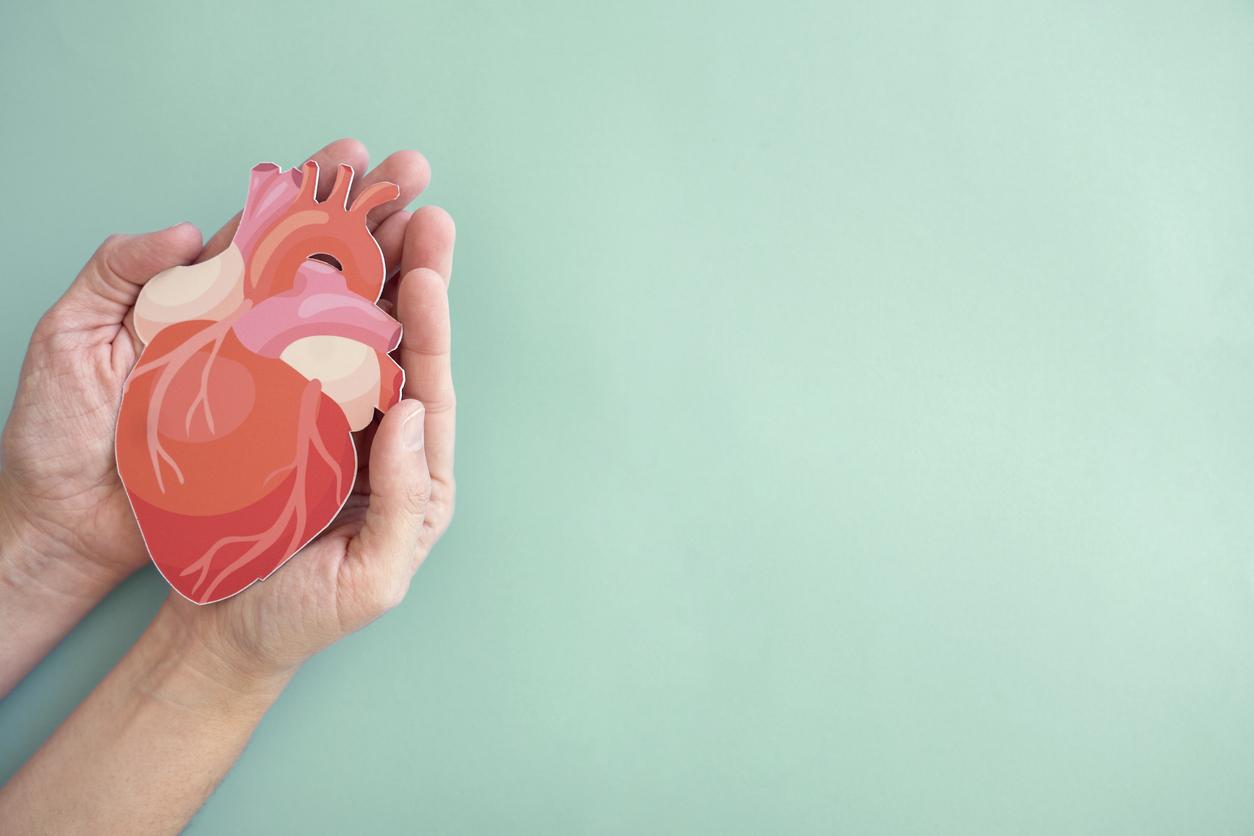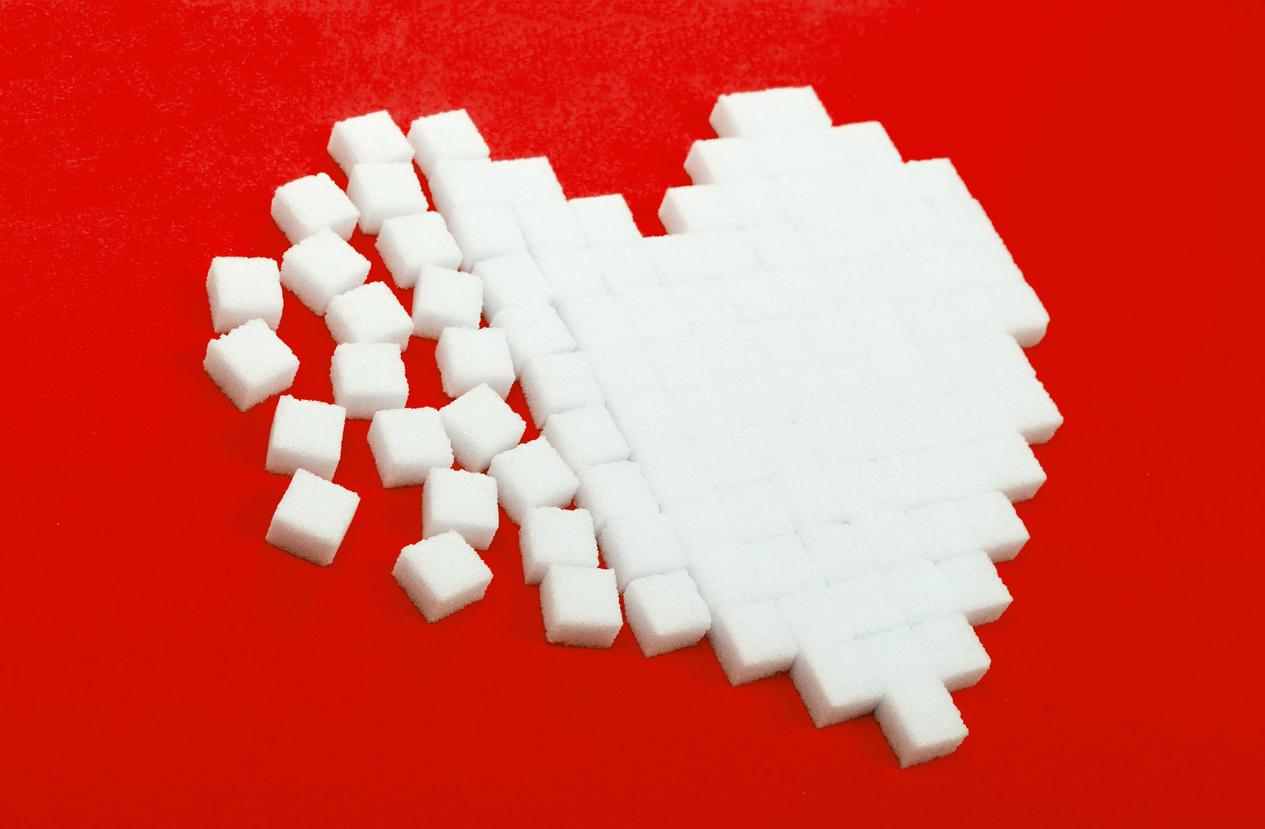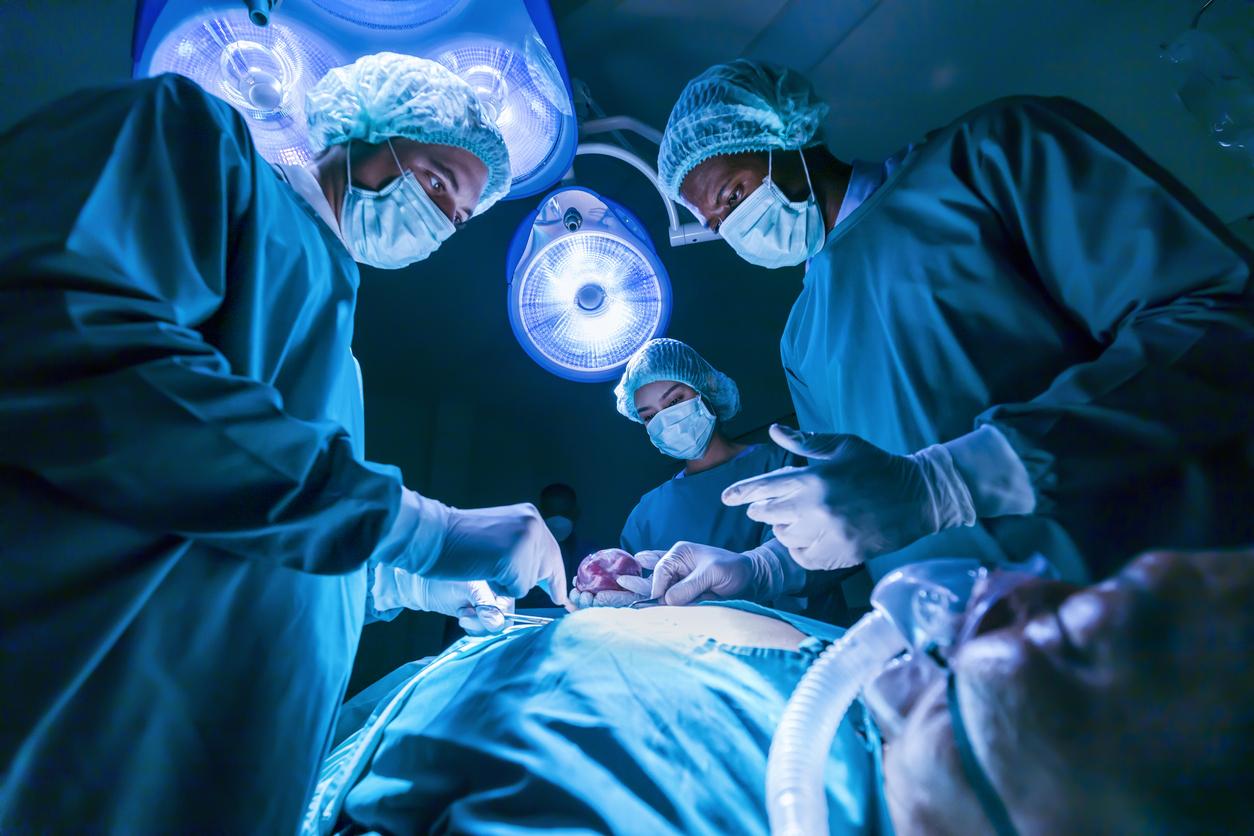This is a first in Europe, the heart of a donor could be kept outside the body for almost 12 hours and then successfully transplanted.

- During a transplant in Switzerland, a heart could be kept for 12 hours out of a body.
- It is a European record.
- This feat was possible thanks to a conservation system called the ex vivo infusion. It allows the heart to continue beating during transport.
The medical teams of the island hospital in Bern have “recently“Made a feat: they managed to keep the heart of an out of the body for 12 hours before successfully transplant it. In a press release, the Swiss establishment specifies that this is a record for the ‘Europe.
Organ transplant: the heart was able to travel by car
Organ transplants are real races against the clock, especially when it comes to the heart which does not support traffic stop. Generally, the teams only have two and four hours to transplant it to patients.
But Swiss doctors found themselves in front of a recently size difficulty: due to “Dispute weather conditions”the transport of the graft between the sampling hospital and that of transplant was to be done by car, and not, by the tunes as it is customary.
Fortunately, the organ was able to “survive” in this long journey thanks to a new machine which allows a “Special mechanical infusion“.
“The heart is transported using a mechanical infusion (ex vivo infusion) so that it bats during transport and is not exposed to a lack of oxygen. The use of this machine has increased considerably the number of transplants and thus reduce waiting times for a donor organ“explains the establishment in its press release.
Ex vivo infusion: the waiting time for a transplant could be reduced by a third party
The transplantation of the heart was a success. The hospital ensures that “The patient with the new heart is doing very well”. “Thanks to the introduction of the ex vivo infusion, it was possible in a very short time to reduce the waiting time for an appropriate organ by a third party and double the number of transplanted patients. The possibility of maintaining a Heart beating out of the body for a longer period without damage is a radical change for Swiss transplantation medicine “explains Professor David Reineke, head of the cardiac surgery at the island’s hospital, who made the journey with the heart.











-1739366311.jpg)





